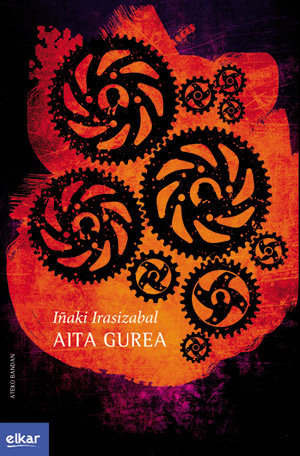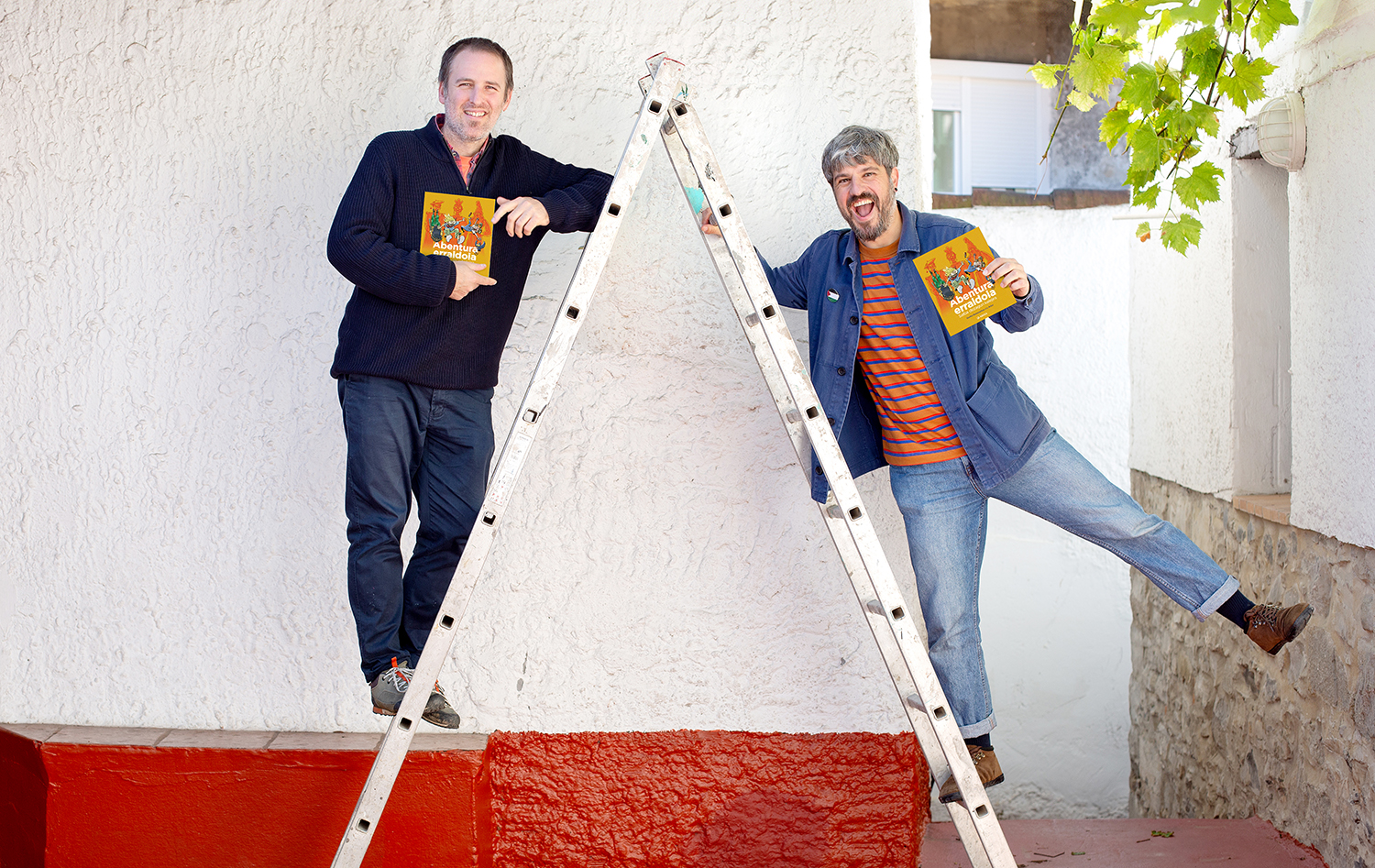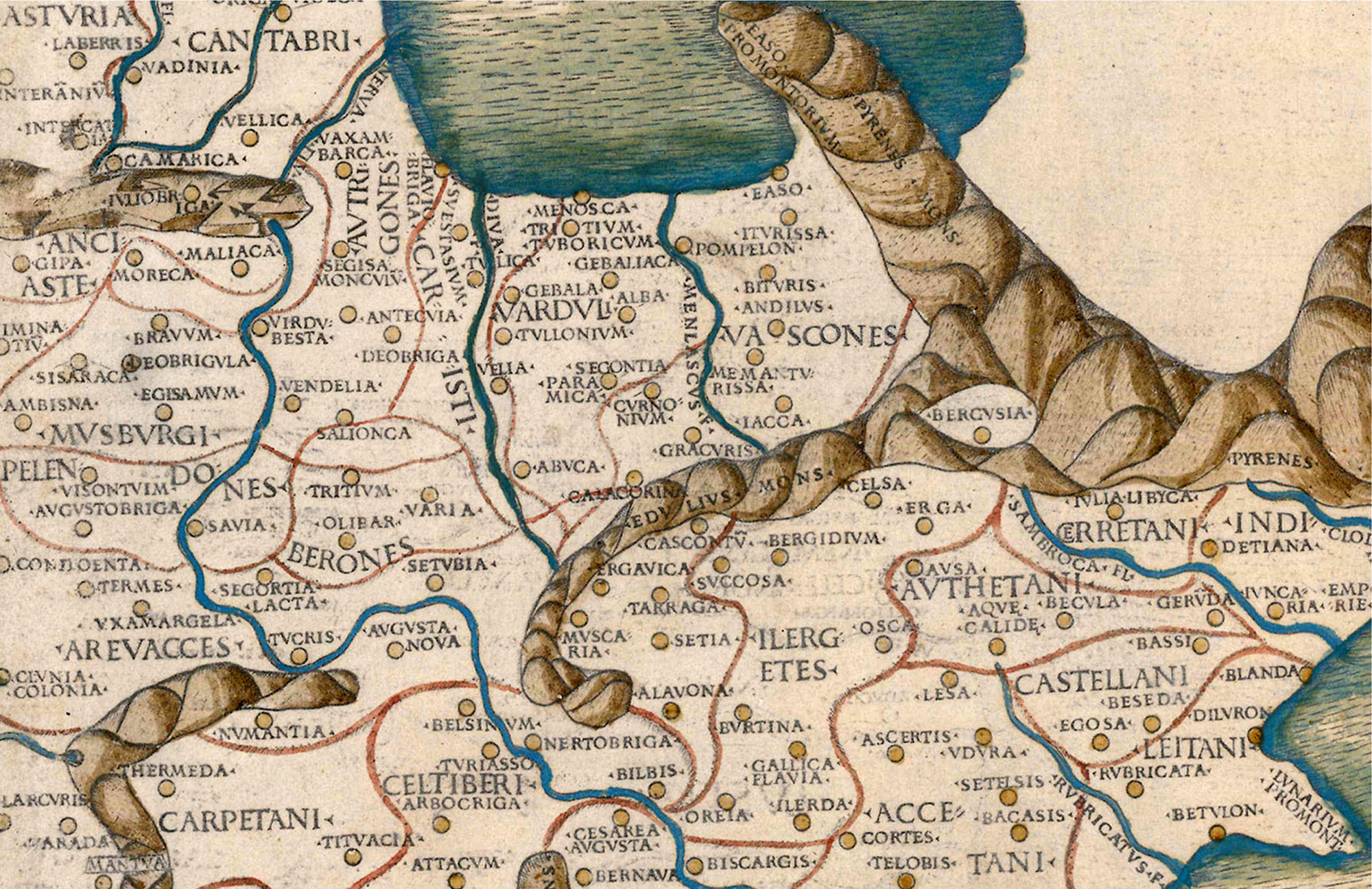The father in heaven and us on earth

Aita gurea is the fourth novel read to Iñaki Irasizabal. I can't say I'm a writer I want especially to, but it does entertain me.
Irasizabal uses a simple and easy-to-read style, in most cases, in his novels that do not reach 200 pages.
What counts does so in a correct, concise and precise way, without wasting time in the decorations and highlighting the character behavior. This is precisely the axis of Irasizabal's narrative. Society is the element used for its analysis, and based on this premise it makes a presentation of the different behaviors of the individual facing an extreme situation. That gives, to what seems like a simple narration on the surface, the dramatic character characteristic of life.
Our father puts the characters in the economic crisis of the industry. Business aspects include relations between workers, envy, betrayals and lies generated by the fear of losing their jobs. In this innovative context in the writer, however, the motif is repetitive: family drama. Somewhere I read that everything that happens in society always extends to the family realm, because we are all family members in one way or another. And that's the same thing, above all moral judgments, which causes empathy for others.
The call of blood, as in the novel, also on this occasion the death of the father will be the engine of the chain of events. Each character tries to take away the backpack from the past and “resume” it in his life: the daughter who has just lost her father, the priest who believes no more in God, the woman who has just lost her husband, the boy with Down syndrome that his father has had in jail, the father of the young man with Down syndrome who had just left his family indebted and out of jail. And the workshop that makes parts for self-government in crisis will be a cohesive element of all.
Although they all share the same dream, they do not show the same attitude to deal with it, and they are embroiled in extreme situations: theft, murder, blackmail, drug sales... What is the right behavior and the wrong one?
Life would be too easy to simplify the answer to this moralizing question, as there is always something that escapes our logic because the characters act driven by their fears and desires.
The objective puts the reader before the case yes/no as a justified means, not as a judge but as a spectator.
Iñaki Irasizabal
Elkar, 2015
Leaving behind books, libraries and their benefits in April, Kabiak Sahrawi wishes to recall the dark side of his history, which is of greater importance in defending the identity and survival of peoples. We are talking about the destruction of the age-old and usual libraries... [+]




















